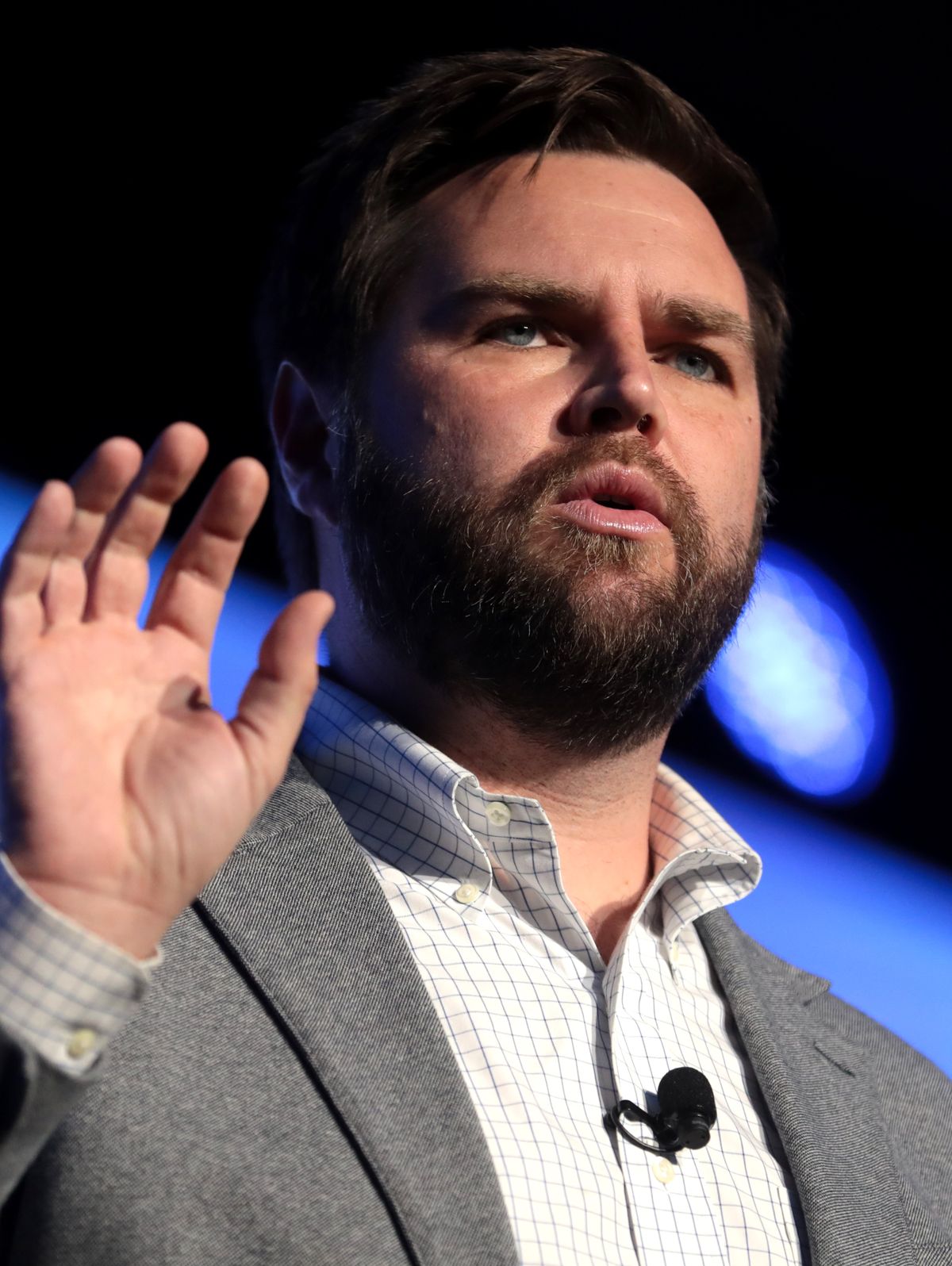Vice President JD Vance said Thursday that it is time to start asking tough questions about the root causes of mass shootings, appearing to connect the violence to what he described as a “mental health crisis.”
“We really do have, I think, a mental health crisis in the United States of America. We take way more psychiatric medication than any other nation on Earth, and I think it’s time for us to start asking some very hard questions about the root causes of this violence,” Vance said at an event in Wisconsin in his first public remarks about Wednesday’s church shooting in Minnesota, where two children were killed.
Root Causes: The Antidepressant Debate
SSRIs are a common class of antidepressants that increase serotonin levels in the brain, helping regulate mood. Well-known SSRIs include Prozac, Zoloft, and Lexapro, which are often prescribed to treat depression, anxiety, and OCD. Mental health advocates caution against linking SSRIs to violent behavior without evidence, stressing that these medications can be lifesaving for individuals struggling with severe depression or suicidal ideation. They argue that blaming SSRIs as a root cause of violence oversimplifies a complex issue.
Minneapolis Police Chief Brian O’Hara said there was no evidence that the shooter, 23-year-old Robin Westman, had a history of mental illness or was taking psychiatric medication. Westman died from a self-inflicted gunshot wound, and authorities have found no indication of prior confinement for mental health issues.
Root Causes Beyond Medication
Mental health experts emphasize that focusing on medication as a primary cause risks stigmatizing treatment and ignoring broader systemic issues such as access to firearms, untreated psychiatric disorders, community support, and social stressors like poverty and isolation. They note that untreated or undiagnosed mental health conditions often leave individuals vulnerable, and expanding access to therapy, crisis intervention, and preventive care may be more effective than shifting blame onto prescriptions. These social and environmental factors represent deeper root causes of violence that require long-term solutions.
Sen. Tina Smith (D-Minn.) criticized Kennedy’s comments, calling them misleading and insensitive. “I dare you to go to Annunciation School and tell our grieving community, in effect, guns don’t kill kids, antidepressants do. Just shut up. Stop peddling bulls—,” she wrote on X.
Meanwhile, the White House acknowledged the need to address America’s mental health challenges. Press Secretary Karoline Leavitt stated, “Obviously, we have mental health problems in this country that this administration and Secretary Kennedy will continue to speak out about and the work that we’re doing to solve it.”
President Donald Trump called the incident a “terrible situation” and urged prayers for the families. He also ordered flags to be flown at half-staff across the nation.
Democrats argue that lax gun laws and easy firearm access fuel the mass shooting crisis, while Republicans often emphasize mental health reform and school security. Both parties frame the issue differently, but the search for root causes remains at the center of the debate.
Mental Health and Mass Shootings
Mass shootings are complex events with no single root cause. While mental illness is sometimes present in perpetrators, research shows that the vast majority of people with psychiatric disorders are not violent. Experts suggest that focusing exclusively on mental health risks oversimplifying the problem and ignoring other contributing factors, such as gun accessibility, social isolation, substance abuse, and extremist ideologies.
Expanding mental health resources, reducing stigma, and improving crisis intervention systems are critical steps. Programs that support early intervention, community counseling, and school-based mental health services may help address underlying root causes before they escalate.
Frequently Asked Questions (FAQs) –
Q1: Do antidepressants cause violent behavior?
There is no scientific evidence proving that antidepressants like SSRIs cause mass shootings. In fact, these medications often reduce suicidal thoughts and improve mental stability when used correctly under medical supervision. They are not proven root causes of mass shootings.
Q2: Is mental illness the main cause of mass shootings?
No. While some perpetrators may have mental health conditions, most people with mental illnesses are not violent. Factors such as access to firearms, social stress, and personal grievances often play a larger role in the root causes of violence.
Q3: What is being done to address mental health in the U.S.?
Efforts include expanding access to counseling, increasing funding for crisis hotlines, improving school-based support, and integrating mental health care into primary health services. These measures address some of the root causes of violence linked to untreated mental illness.
Q4: What should people do if they notice warning signs in someone?
If someone shows signs of severe distress, isolation, or violent thoughts, it is crucial to seek help immediately. Contact a mental health professional, reach out to crisis hotlines, or notify authorities if there is imminent danger. Addressing these early signs can help prevent escalation into violent behavior rooted in deeper root causes.
Q5: Can stricter gun laws reduce mass shootings?
Research suggests that countries with tighter gun laws experience fewer mass shootings. Advocates argue that combining responsible gun regulation with improved mental health care could address the root causes of gun violence more effectively.







